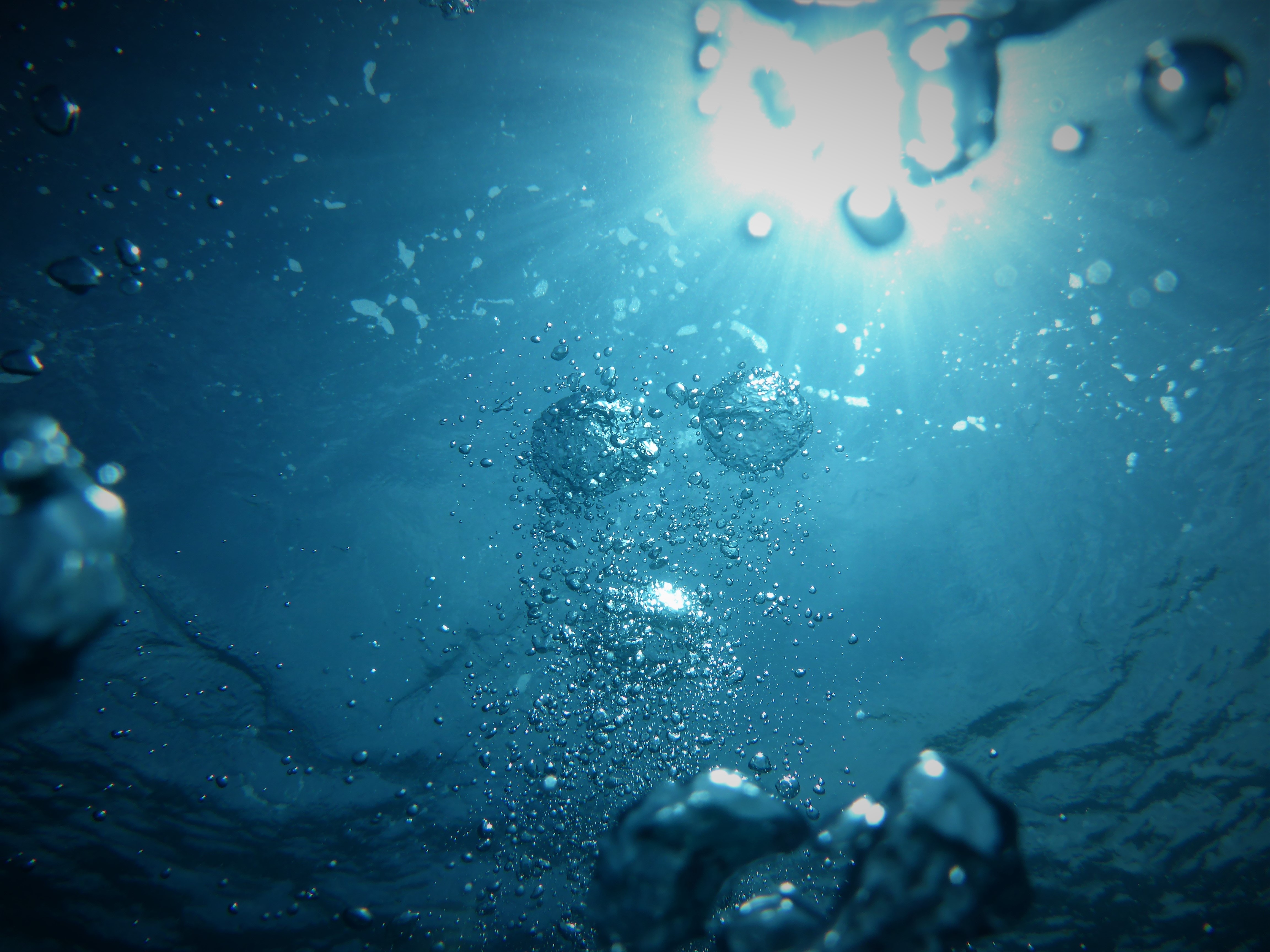The Government of Canada is committed to developing and delivering a real and concrete solution for transitioning open-net pens in coastal British Columbia waters. A change like this requires co-operation, consultation, and engagement, working closely with Indigenous communities, provincial counterparts, and other key stakeholders.
Terry Beech—parliamentary secretary to the minister of fisheries, oceans, and the Canadian Coast Guard—will be engaging with First Nations in B.C., the aquaculture industry, and environmental stakeholders on this topic. The results of these engagements will be presented to Bernadette Jordan—minister of fisheries, oceans, and the Canadian Coast Guard— in an interim report in the Spring 2021, informing her decisions on the way forward.
“British Columbians and Canadians expect that as our government works to grow our ocean economy, we are doing it in a sustainable, environmentally-responsible way; meeting the demand for our farmed seafood products, while ensuring marine ecosystems are healthy and wild fish populations are protected,” said Bernadette Jordan, minister of fisheries, oceans, and the Canadian Coast Guard. “All voices will be heard during the development of this important initiative and I look forward to the outcomes of these engagements as we move forward on this transition together.”
Close collaboration with the Province of British Columbia, Indigenous communities, industry, and other stakeholders will be critical in ensuring the transition is workable, economically feasible, and takes into account social impacts.
“I am looking forward to working collaboratively with our partners, on what the future of aquaculture could look like in British Columbia and I will be ensuring that all voices are heard,” said Terry Beech, parliamentary secretary to the minister of fisheries, oceans, and the Canadian Coast Guard. “We will soon be engaging interested parties to seek their views on what a responsible open-net transition could include.”
This next phase builds on work already completed, including:
- The 2019 State of Salmon Aquaculture Technologies Study, funded by DFO in partnership with Sustainable Development and Technology Canada and the Province of British Columbia. This study examined four alternatives to open-net pens for producing market-sized salmon.
- Work undertaken by the Indigenous and Multi-stakeholder Advisory Body on Aquaculture.
- The Senate Committee on Fisheries and Oceans’ report An Ocean of Opportunities: Aquaculture in Canada.
- The final 2018 Report from the Independent Expert Panel on Aquaculture Science.
Moving forward, the federal government will explore the use of an area-based management approach to aquaculture, which fosters collaboration while improving information sharing, collective planning, ongoing management and decision-making. Consideration will also be given to the Framework for Aquaculture Risk Management (FARM), currently being finalized by DFO, which is grounded in the precautionary approach and guides the Department’s management of aquaculture.
Work on the transition will complement the department’s Wild Salmon Policy Implementation Plan, which is a coordinated action plan that builds on 13 years of work guided by the Wild Salmon Policy to protect and restore these incredible populations.









